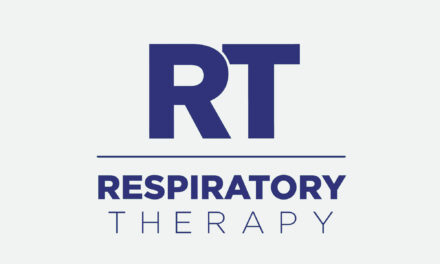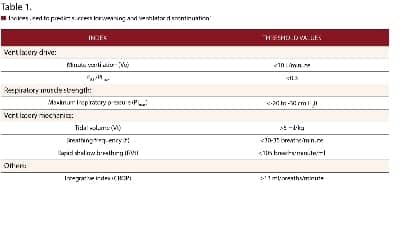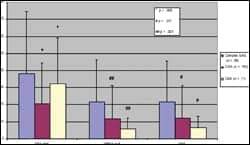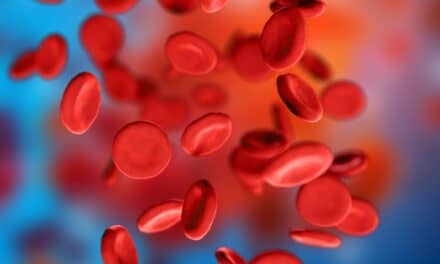Nocturnal respiratory rate can help predict whether a defibrillator will help to extend the life of patients with arrhythmia, according to new research from the Technical University of Munich.
The researchers demonstrated that the nocturnal respiratory rate of heart patients can help to predict the success of implantable cardioverter defibrillator (ICD) treatment. Between May 2014 and September 2018 they monitored 1,971 heart patients at 44 European heart centers. 1,363 of the patients received an ICD, while the control group was treated conservatively. The different treatment options were dictated by the varying availability of ICD therapy at the participating European centers. Consequently, the study was non-randomized. However, the resulting distortions were compensated for through sophisticated statistical analysis. The study has now been published in eClinicalMedicine, produced by the journal The Lancet.
In both groups the scientists measured the average nocturnal respiratory rate between midnight and 6 am based on an ECG protocol. The ICD patients had a survival advantage of 31.3% over the control group. At the same time, a significant link was seen between a low nocturnal respiratory rate and reduced mortality: ICD patients with a rate below 18 breaths per minute had a 50% survival advantage as compared to the control group, while those with a higher nocturnal respiratory rate gained no survival advantage through the defibrillator.
A biosignal hitherto neglected by cardiologists
“The breathing rate has been largely ignored as a biosignal in the field of cardiology,” says Georg Schmidt, the coauthor of the study. “Our conclusions will now place a greater focus on this parameter,” says lead author Georg Schmidt of the Technical University of Munich, noting that the study demonstrates the predictive value of breathing frequency for therapeutic efficacy. “Especially in borderline cases, checking the patient’s breathing rate can help to decide on the right therapy.”










